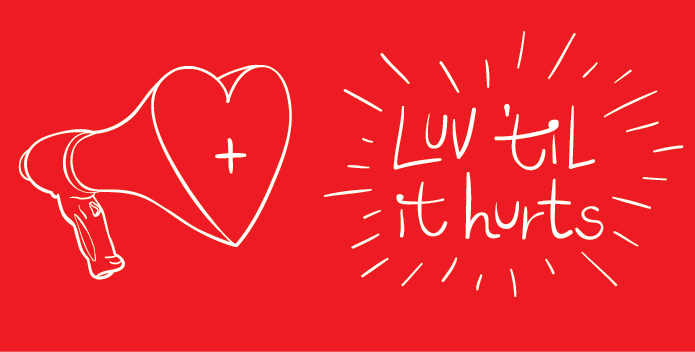Olive Edwards and The Jamaican Community of Positive Women: Quilting to EmpowHer
Written by Jessica Whitbread for The HIV Howler: Transmitting Art and Activism
In 2012, Olive Edwards supported the Jamaican Community of Positive Women (JCW+) in establishing a quilting club to support women living with HIV to engage in dialogue about their trauma in relation to HIV. In 2016, this arts based method for establishing peer to peer connections was developed into a 2 day workshop to enable for the process to be shared and replicated in three other countries in the Caribbean region (Barbados, Guyana, and Trinidad and Tabago).
Olive: I used to do dress making. I love the way that clothes look on people. Now that I don’t have to do it for a living, I am interested in the fabric and how to work with it. When I was sewing, I actually resented it because I was working instead of going to school and getting an education. I was working and having to raise children at a young age.
Twenty years ago the AIDS quilt came to Jamaica and we had so much stigma in the country around the quilt and AIDS. That quilt was about death and those who had died. When we started to do the quilts in JCW+, women were scared and didn’t want to talk about death. So we just started talking about the women’s lives and from this we realized that women wanted to celebrate the lives that they had — not death.
We work with diverse groups to start conversations about difficult issues. The process is always similar, it begins with the conversations that are happening while we are working and preparing to sew together. We use symbols instead of words often because it helps us talk through our stories. Lots of the stories of our community deal with the violence that we experience as women living with HIV and from our families. The butterflies are about freedom and empowerment for example — in our community we understand our symbols and use it as a code to talk about hard things.
A lot of the women like to work in the group, because if they go home, they have to explain the process and the ideas to their family. We try to use quilt making to move women living with HIV to work through their thoughts and support them to build community and disclose to their families.
These quilts are all made by the women. Sometimes we do collective quilts like our Caribbean quilt which touches our four community partners. These are really powerful. Working on these we acquire some appreciation about our different skills that we all bring to our collaborations. Our understanding of what a quilt is and what it should look like or be about is challenged. For me I do it for the therapy of it. Sometimes people think it is going to be easy to do. But you have to go deep in yourself to feel your message and then the patience to create and finish it. Its healing.
We were inspired by a quilt in Russian that we had no idea what it said but we felt the meaning that came to Jamaica as part of LOVE POSITIVE WOMEN and we wanted to have more people see our quilts around the world. So we could share stories and be in solidarity with our sisters globally.
_____________________________________
The HIV Howler: Transmitting Art and Activism is a limited edition art newspaper focusing on global grassroots HIV art and cultural production. Artists have and continue to play a fundamental role in shaping broader societal understandings of HIV and working within communities that are most impacted by the virus: queer and trans people, people who use drugs, sex workers, people of colour, and indigenous peoples. Together we reflect the immediacy and urgency of global HIV/AIDS dialogues as well as their historical continuities.
The HIV Howler is a forum for dialogue, a demand for aesthetic self-determination, a response to tokenism, and a guide to navigating the vibrational ambiguities between policy, pathology, and community.
Publishers + Editors
Anthea Black and Jessica Whitbread
Editorial Advisory Committee
Anthea Black, Theodore Kerr, Charles Long, Mikiki, Darien Taylor, L’Orangelis Thomas, and Jessica Whitbread.
Funding
We gratefully acknowledge the support of the Toronto Arts Council.


